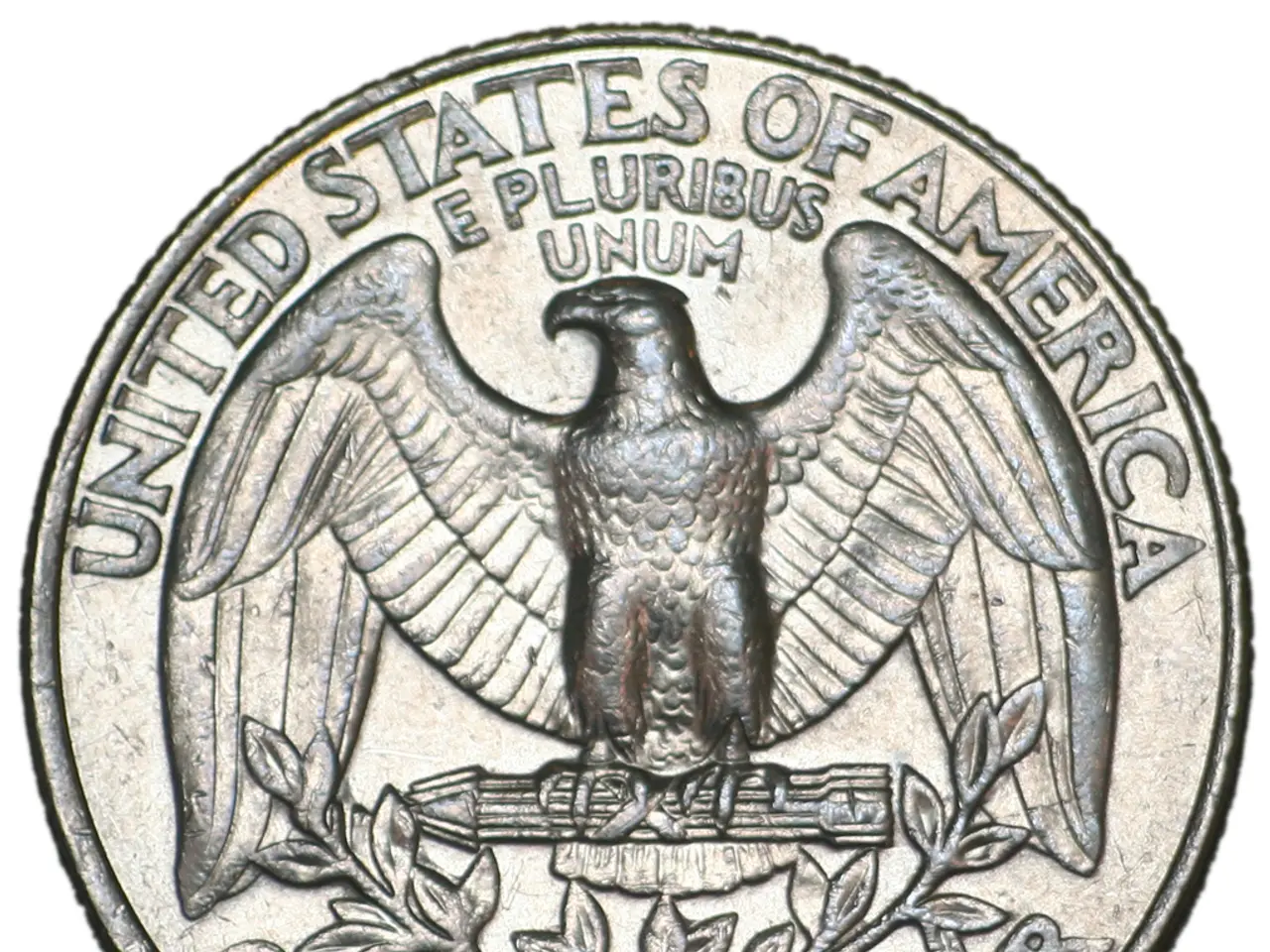Unraveling Inherited IRA Taxes: Who Bears the Burden and How Much?
Inherited IRAs are tax-advantaged retirement accounts that can be a surprise inheritance for some. While the original account holder pays taxes on withdrawals, heirs may not realize they'll also face tax obligations. These taxes kick in when money is withdrawn from the account, and they're typically based on the beneficiary's ordinary income tax rate.
Fortunately, this isn't the case for all IRAs. Taxes are only required on traditional IRAs, not Roth IRAs—as long as the Roth IRA has been open for five years. However, failing to follow the withdrawal rules could result in penalties.
The rules for when you must make withdrawals and pay taxes vary for inherited IRAs from a spouse versus other family members. With the Setting Every Community Up for Retirement Enhancement (SECURE) Act, most non-spouse heirs now have a 10-year limit to withdraw and pay taxes on the inherited IRA. This change ensures that the tax man gets his cut within a decade.
Why do you owe taxes on an inherited IRA?
The government incentivizes retirement savings through IRAs with tax breaks. Account holders can contribute pre-tax dollars and enjoy tax-free growth. However, the government expects its slice when it comes time to withdraw the money. To ensure that taxes are collected eventually, the original account holder must begin taking Required Minimum Distributions at age 72. If the account holder dies before withdrawing all the money, the government still collects taxes—requiring heirs to withdraw their inherited share within an acceptable timeline and pay taxes upon withdrawal.
What is your tax rate on an inherited IRA?
An inherited IRA is considered part of the deceased person's estate. If the estate is large enough to incur estate taxes, those taxes will usually be paid by the estate before the beneficiary incurs tax obligations on the inherited IRA. Beneficiaries are taxed on the inherited IRA distributions at their own ordinary income tax rate, which may be offset by income tax deductions for any estate taxes paid on the inherited IRA.
How the SECURE Act changed the rules
The SECURE Act, signed into law in 2020, significantly impacted inherited IRAs for most nonspouse beneficiaries. Previously, heirs could choose to stretch out the distributions across their life expectancy but must now withdraw all funds within 10 years. Certain exceptions apply to these rules for specific beneficiaries, such as spouses, minor children, disabled or chronically ill individuals, and those not more than 10 years younger than the deceased.
When do you pay taxes on inherited IRAs?
Spouses have multiple options for when they can withdraw and pay taxes on an inherited IRA. Non-spouse heirs do not have as many options but can still take advantage of strategic withdrawal timelines to minimize taxes.
Can you delay paying taxes on an inherited IRA?
While you can delay paying taxes on an inherited IRA within the 10-year allowable period, it's crucial to comply with the withdrawal rules to avoid penalties. Strategic planning can help beneficiaries minimize tax obligations by taking out more money in years with lower taxable income or spreading out the distribution over time.
In regards to inherited IRAs, beneficiaries might be surprised to discover that they too will be subjected to tax obligations when withdrawing money from the account. The amount and type of taxes charged are often dependent on the beneficiary's individual income tax rate.
The SECURE Act, enacted in 2020, has brought significant changes to the rules governing inherited IRAs for most non-spouse beneficiaries. Now, these individuals must withdraw and pay taxes on the entire inherited IRA within a decade, unlike before when they could spread out the distributions over their lifetime.




